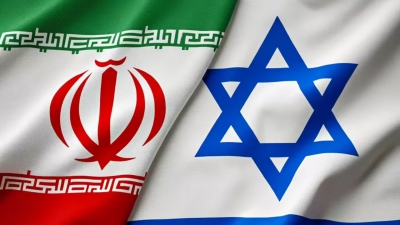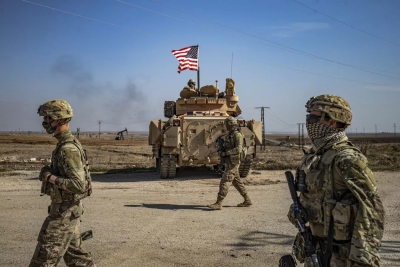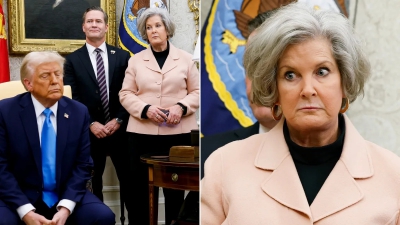As the Gaza ceasefire and prisoner exchange agreement officially came into effect on January 19th, and Israeli troops withdrew, thousands of Hamas armed personnel reappeared on the local streets, raising "victory" signs to the cheering crowds. When handing over the first batch of Israeli hostages to the Red Cross, Hamas members wore full military uniforms and carried weapons to declare that they had regained de facto control of Gaza.

"Slap" Israel in the face, Hamas still in power
This is the last thing Israel wants to see - after months of fighting, Hamas remains the dominant force in Gaza. Israel has neither been able to eliminate Hamas nor find other forces to replace it. Reuters said this is a clear signal: Hamas is still in power in Gaza.

"Hamas's fully armed and public appearance is equivalent to a slap in the face to the Israeli government and military." said Gershon Baskin, a senior Israeli hostage negotiator. "This shows that Israel's goals set for this war have not been achieved at all.”
A report in the British Financial Times on the 21st stated that Hamas did not make a comeback. Instead, after 15 months of underground guerrillas, it emerged from the ruins and prepared to govern Gaza again. The Wall Street Journal of the United States said that this highlights that Hamas is still the dominant force in the Gaza Strip.
Hiltman said Hamas's firm control of Gaza presents a dilemma for Israel.
Post-war reconstruction is difficult
After the ceasefire agreement came into effect on the 19th, the municipal departments controlled by Hamas began to clear the rubble on the roads to allow vehicles to pass. Workers repaired pipes and infrastructure to restore running water supplies.
Since the ceasefire, hundreds of trucks carrying humanitarian aid have entered the Gaza Strip every day. International aid workers say the police presence has helped deter gangs who have frequently looted aid in recent months.

Thousands of uniformed Hamas police forces returned to patrol the streets of Gaza, tightening security and escorting trucks carrying supplies and workers distributing them. They can be seen even in the most destructed places.
"We are working according to emergency plans," said Hamas Gaza spokesman Ismail Al-Thawabtah. "We cannot leave our people in a vacuum to please Benjamin Netanyahu (Israeli Prime Minister).”
Thawabtah said that despite heavy losses, the Hamas-led government continues to function. "We currently have 18,000 employees working every day to provide services to citizens," he said.
In October last year, Hamas expressed its willingness to openly discuss the possibility of forming a coalition government, in which Hamas and the Palestinian National Liberation Movement (Fatah) would form a joint committee to govern Gaza under the supervision of the Palestinian Authority.
But this idea was clearly opposed by Israel. Michael Milshtein, an expert on Israeli international affairs, believes that Hamas's desire to form a coalition government is just a "superficial disguise."
Abu-Sada and others said that given the opposition of Israel and the United States, if Hamas continues to be in power, it is unlikely that the large-scale funds needed for post-war reconstruction in Gaza will be available.
Whoever governs the Gaza Strip after the war will face huge challenges. Infrastructure was destroyed, with millions of tons of debris. Huge amounts of money were needed to clear the rubble and begin rebuilding.

















